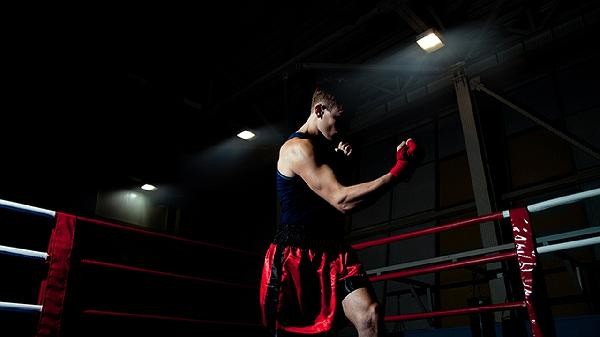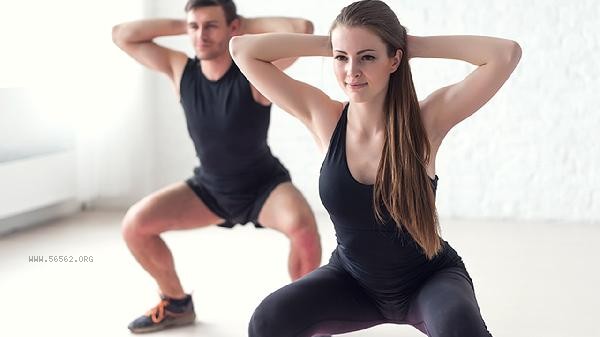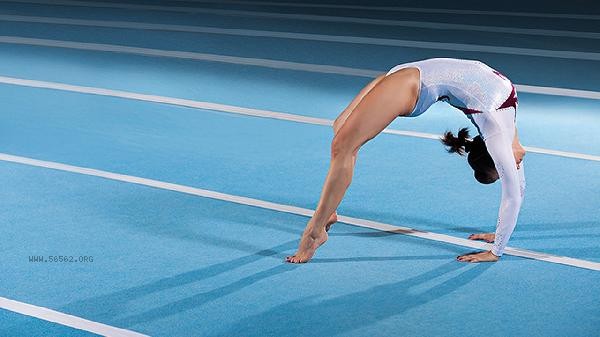Drinking plain water or diluted salt water is the most suitable for fitness exercise, as it can effectively replenish water and electrolytes. Sports hydration should consider the intensity, duration, and individual physical differences of exercise, mainly including plain water, diluted salt water, sports drinks, coconut water, lemon water, etc.

1. Plain water
Plain water is the most basic and safe choice for hydration, suitable for low-intensity or short-term exercise. Its advantage lies in the absence of additives, which can be quickly absorbed by the human body, helping to regulate body temperature and promote the elimination of metabolic waste. Drinking warm water in small amounts multiple times after exercise can avoid gastrointestinal discomfort, especially suitable for people with gastrointestinal sensitivity.
2. When high-intensity exercise in light saline
lasts for more than 1 hour, sweat loss will take away electrolytes such as sodium. At this time, adding a small amount of salt to every 500 milliliters of water can prevent hyponatremia. The concentration of homemade diluted saline should be controlled within 0.3%, which can supplement electrolytes without increasing the burden on the kidneys. However, hypertensive patients should be cautious.
3. Sports Beverages
Professional sports drinks contain 6% -8% carbohydrates and sodium potassium electrolytes, suitable for endurance training lasting more than 90 minutes. Its sugar content can delay fatigue, but excessive consumption by people who exercise or lose weight on a daily basis may lead to excess calorie intake. It is recommended to adjust the drinking ratio according to the amount of exercise.

4. Coconut Water
Natural coconut water is rich in minerals such as potassium and magnesium, with an osmotic pressure close to that of human body fluids. It can quickly replenish electrolytes and has low calories. For low-intensity exercises such as yoga and Pilates, it is an ideal natural drink, but after intense exercise, it needs to be supplemented with sodium salt to balance electrolytes.
5. Lemon water
Warm water with fresh lemon juice added contains vitamin C and trace minerals, which have a fresh taste and can promote saliva secretion. Suitable for drinking after light exercise in the morning, but acidic components may irritate sensitive gastric mucosa after exercise. It is recommended to dilute and drink in small amounts.

Sports hydration should follow the principle of small amounts and multiple times. Drink 500 milliliters of water 2 hours before exercise and replenish 150-200 milliliters every 15 minutes during exercise. After high-intensity training, you can choose drinks containing sodium and potassium, and daily fitness mainly relies on plain water. Avoid drinking large amounts of water at once, which can lead to hyponatremia, and also avoid drinking ice water to prevent vascular spasms. Special groups, such as those with abnormal heart and kidney functions, should develop personalized hydration programs under the guidance of doctors, and diabetes patients should be cautious about using sugary sports drinks.







Comments (0)
Leave a Comment
No comments yet
Be the first to share your thoughts!